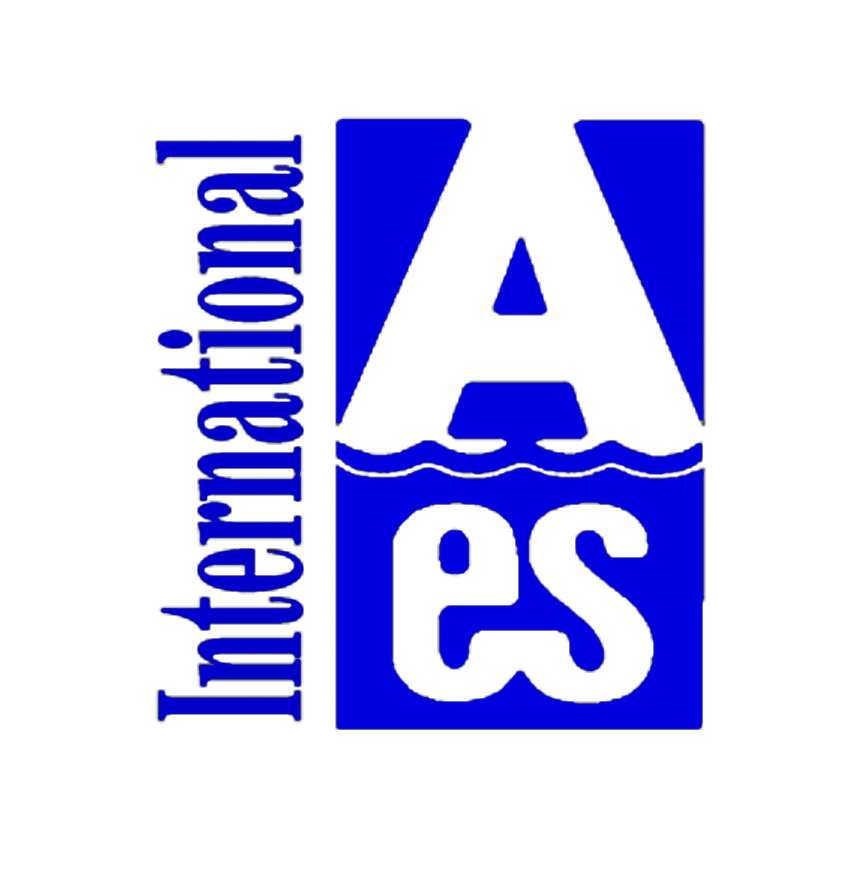December

Professor Beth Wheaton
Southern Methodist University
For our December 2019 member of the month, the International Atlantic Economic Society welcomes Professor Beth Wheaton. Professor Wheaton’s focus has been on social issues such as Child Labor and Human Trafficking and their ties to Economics. She is also the CEO of Equip the Saints, which provides consultation to help nonprofit organizations evaluate their strengths, weaknesses, and sustainability and equips them to further the goals of their own personal missions worldwide.
Why did you become a member of the International Atlantic Economic Society?
I monitored the information shared by the International Atlantic Economic Society for some time and am interested in several of the topics covered by member research. I decided that the IAES conference would be a good place to present my new research on the economics of gun violence and to seek the advice of other IAES members.
What types of projects/research are you currently working on and what inspired/motivated you to pursue these interests?
A few years ago, a world expert on human rights (who is also a good friend) told me about the urgent need for a textbook on the economics of human rights. After much goal- and soul-searching, I came back to tell him I would write the textbook. Not only is there a need for an understanding of the part economics plays in human rights and human rights violations, but there is also a need within the economics community for innovative topics that will inspire new research and stimulate the interest of students.
Since the publication of my first textbook, The Economics of Human Rights (Routledge, 2019), people continue to tell me that the topic is really interesting but they would not read a textbook. Consequently, I am rewriting the textbook into a book form. I believe a foundational understanding of economics is of great benefit, including in issues where decisions lead to either the security of human rights or violations of those rights.
What advice would you give to someone who is considering entering your line of work/field of study?
If you are interested in the intersection of economics and human rights, you will not run out of research material and you will have the opportunity to research areas where you can become the economics “expert” on the topic. Economists have not traditionally been a part of teams that deal with human rights issues and yet decisions by perpetrators of violence, victims, and bystanders are what ultimately protect individual human rights or create human rights violations. There are many ways you can use economics. The field of human rights within economics is one way in which you can make a sizable, positive impact on the world.
Going forward, what other projects/research are you looking to or hoping to pursue?
The Economics of Human Rights textbook covers 7 human rights issues. There are many more issues that can and should be addressed. I plan to do some of this research and look forward to seeing others use the foundational material I created to carve their own research paths.
One of my goals for the future is to find more efficient ways to connect researchers and research needs.
What’s your favorite hobby?
I love to hike! I live in a tiny house and a good portion of it houses my hiking and camping gear. There is nothing like getting outdoors and challenging yourself to let your mind rest and heal for the next round of challenges.

